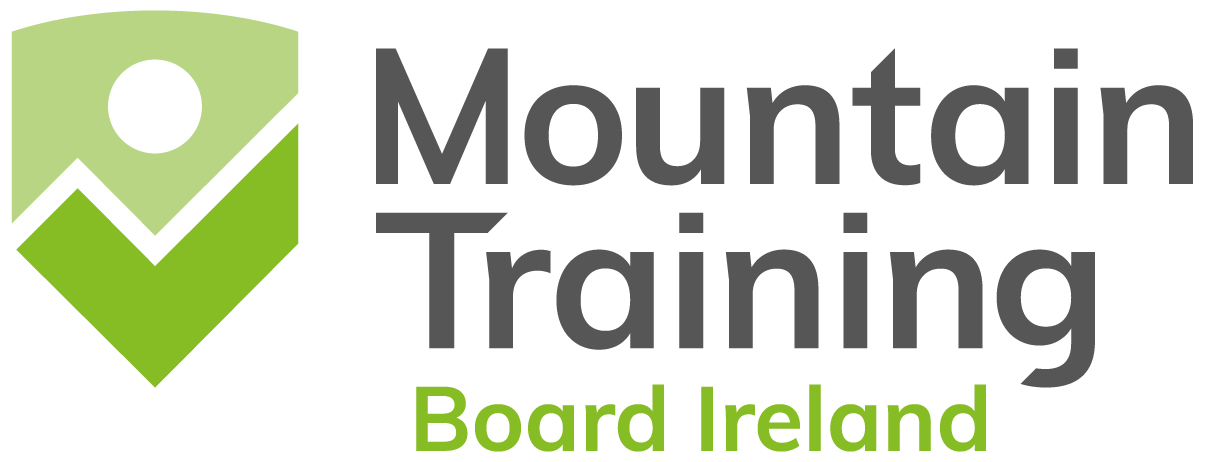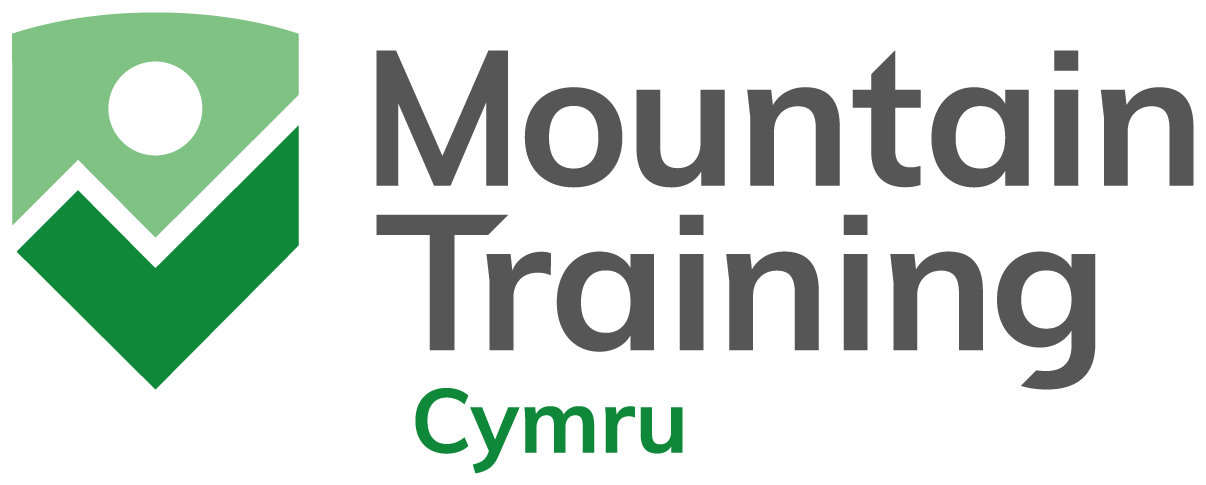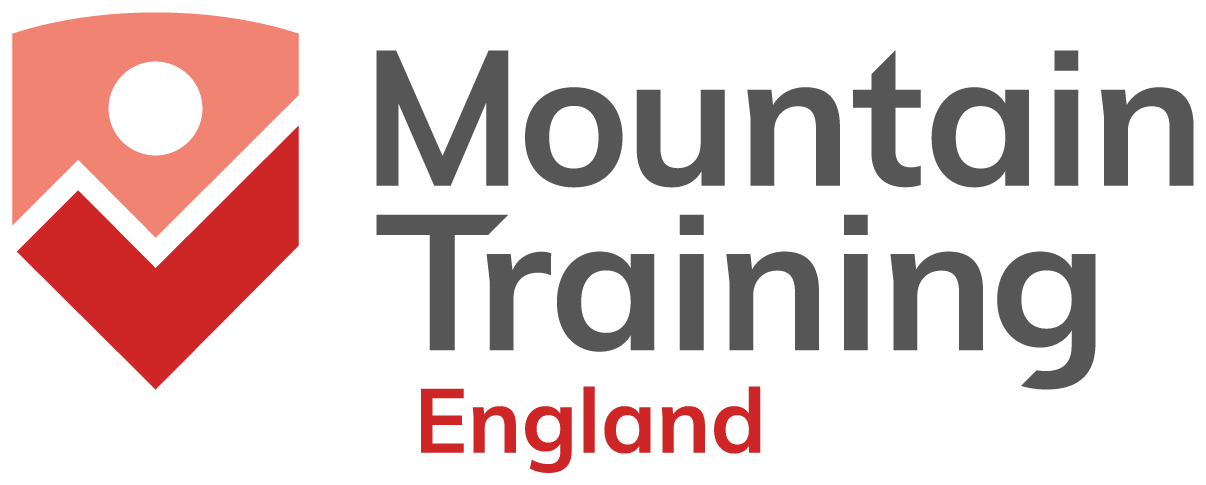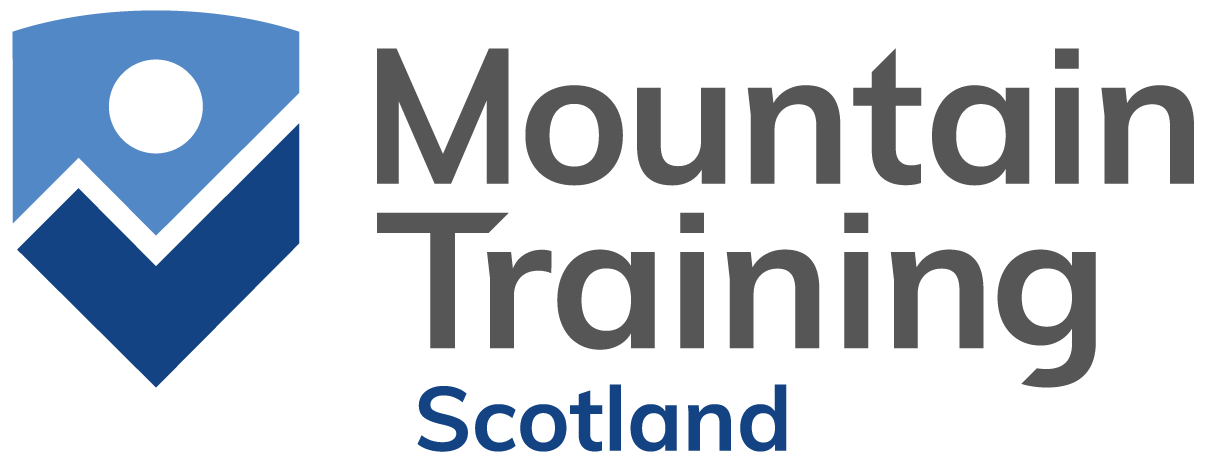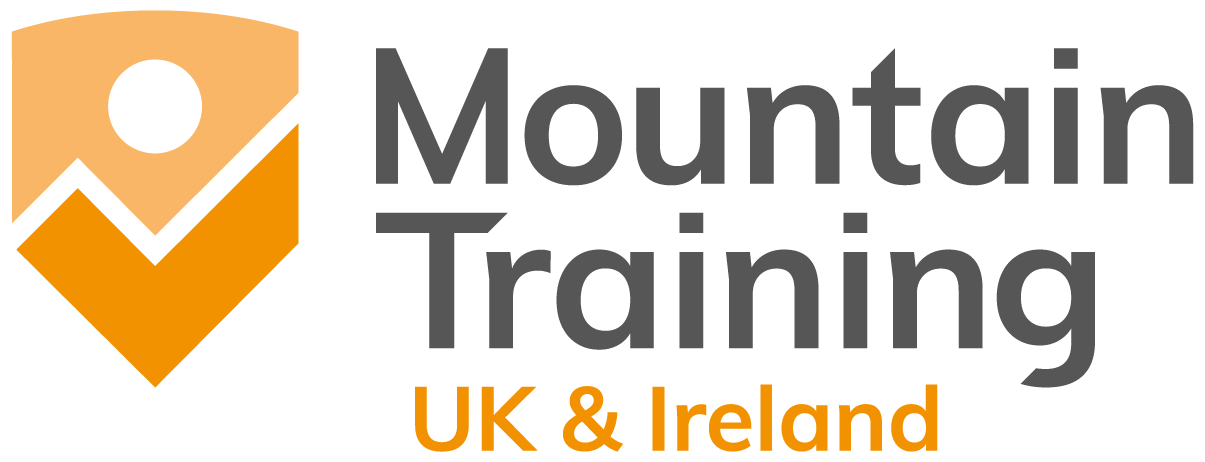How to get the most out of your Mountaineering and Climbing Instructor training
04.03.24There’s no doubt that the nine day Mountaineering and Climbing Instructor training course is a big undertaking, and will be unlike any other Mountain Training course you will have attended in terms of duration, input and activity. You will be learning new skills in real and sometimes challenging mountaineering situations to prepare you to become a Mountaineering and Climbing Instructor.
It’s a once-in-a-lifetime chance to develop your skills in a broad range of climbing and mountaineering activities amidst a cohort of like-minded and enthusiastic course members and staff of the highest calibre.
We appreciate that it is also a big investment of both your time and money so we want to make sure you are fully prepared. Over the years we have learned that candidates who are well prepared for the training reap greater benefits from the course. Without exception candidates find the course tiring, both physically and mentally, because all nine days include a mix of practical and theoretical or technical sessions, and most evenings include further sessions or your own practice.
To help you operate safely and effectively on the training course, and to maximise your learning, we recommend using this checklist:
- I have updated my logbook to accurately reflect experience post successful Mountain Leader assessment
- I have confidently climbed VS 4c and sport F6a (or above) within the month leading up to my training course
- I have climbed a variety of graded scrambles, (ideally roped for some or all)
- I have completed further Quality Mountain Days, including poor visibility navigation within the month leading up to my training course
- I have recent leadership experience as a Mountain Leader
Although not strictly essential, experience in activities such as gorge walks and canyoneering, sea-level traversing and coasteering and ropes courses will also help to widen your understanding of the range of activities included in the course.
If your registration has been approved but you are not sure that you are ready for training please speak to someone at Mountain Training or the training provider.
You could also consider hiring or shadowing a qualified and current mountaineering instructor (e.g. member of the Association of Mountaineering Instructors – AMI) or a British Mountain Guide, to gain insights into working practice. After your training, you may consider extending this into a mentoring role to help you consolidate your learning and prepare for assessment.
